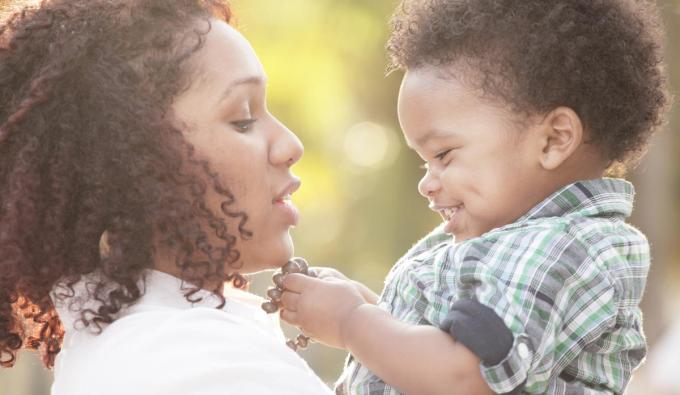Every three years, states must submit an updated Child Care and Development Fund Plan to the federal Office of Child Care. The plan describes how funds are spent by the state and documents their compliance with federal laws.
2025-2027 CCDF Plan
The department has received conditional approval of its 2025-2027 CCDF Plan, effective Oct. 1, 2024 - Sept. 30, 2027. Creation and writing of the plan, including community engagement and public hearings, was done at the Minnesota Department of Human Services. Effective July 1, 2024, responsibility for all plan administration has been transferred to the Minnesota Department of Children, Youth, and Families.
Strategies to support Minnesota families and their young children, and help child care programs and their workforce thrive include:
- Continuing to cover the enhanced child care background study fees until further notice.
- Supporting the child care workforce by offering training, coaching, grants and scholarships to pursue degrees and credentials.
- Helping child care programs improve practices through results-based professional development, coaching and consulting services, and achieving higher standards in Parent Aware, Minnesota's Quality Rating Improvement System.
- Providing resources and information to help parents select child care that meets their family's needs.
- Offering early childhood mental health consultation in child care to fund training for consultants and quality coaches, providing mental health consultation to child care providers in Parent Aware-Rated programs, and evaluating the mental health consultation system.
- Addressing shortages in child care in rural Minnesota communities by working with local partners to assess the gaps in child care in their regions.
- Creating a plan to address the child care supply gaps and carrying out a plan to bridge those gaps.
- Supplementing the funding for the 2024 National Survey of Early Child Care and Education to create Minnesota-specific versions of the nationally available reports. As the only study of this magnitude, it allows us to understand how Minnesota is doing in comparison to national trends, but also uses data from the 2012 and 2019 studies, helping understand the changing landscape of child care in Minnesota.
- Providing grants to enable local sites to develop or expand on whole family (child and caregiver) approaches. The focus is on changing policies, practices, programs, initiatives, funding, governance, data and communications, to increase access for children and families in communities with racial, ethnic, economic, health and education disparities.
